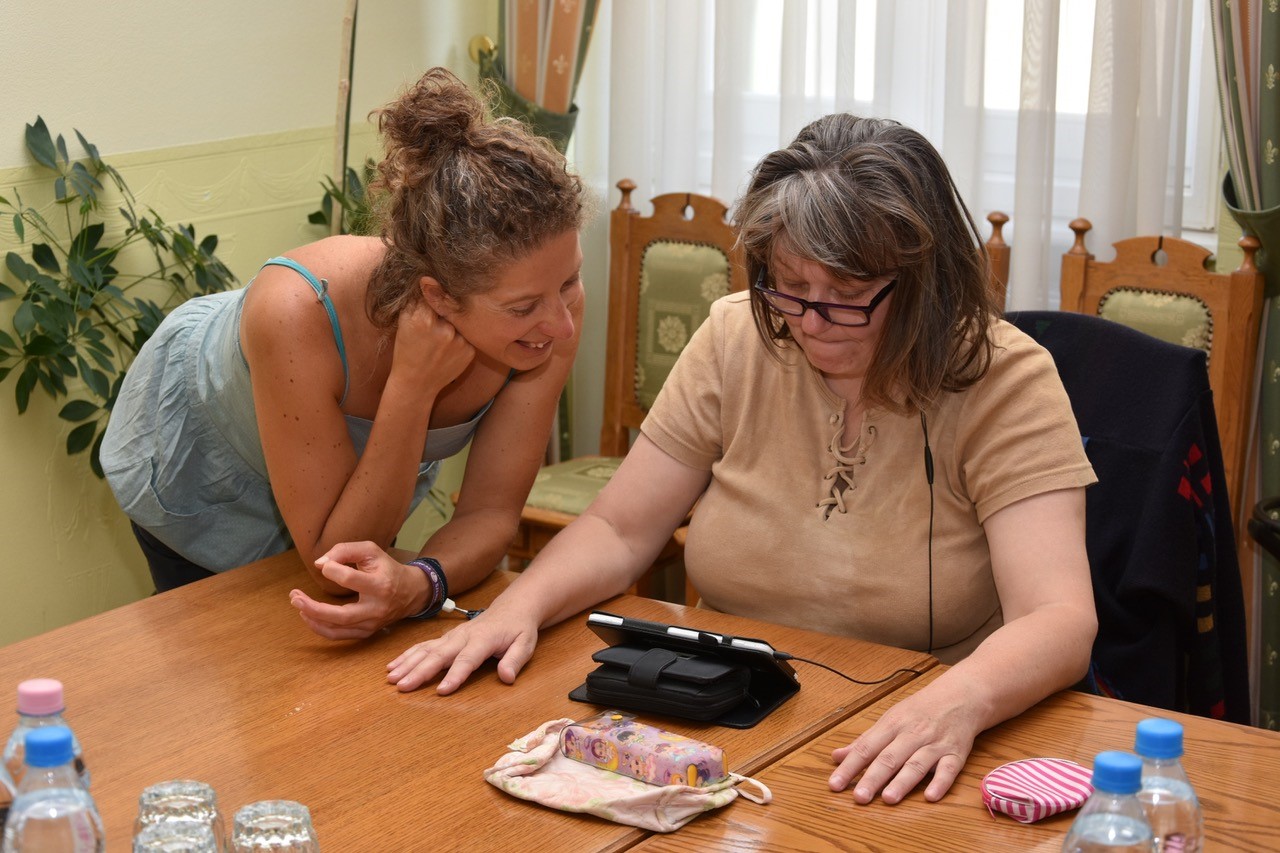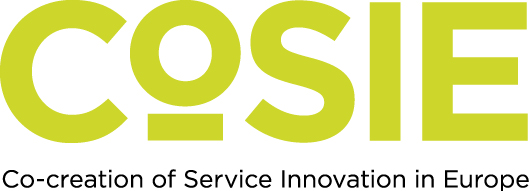Household Economy in Rural Areas
There is an increasing demand for economical activation of the rural population in Hungary. Local governments are also under pressure to organise the economic activities of the citizens and to transfer from service-oriented approach to an entrepreneurial one.
The main aim of the pilot is to revive forgotten culture of household economy, including horticulture and livestock farming on disadvantaged rural areas of Hungary by enabling families to utilise their own resources of household economy. The pilot takes place in 10 different settlements, and no two villages are identical. The idea is to strengthen the role of grassroots initiatives within traditional communities. At the same time, the pilot enhances the operational mechanisms of local democracy, strengthens the ability of these localities to retain its population and contributes to the goals of sustainability.
Schedule
September–October 2018: recruiting, selection, training of coordinators and mayors.
November–December 2018: household economy plans prepared, local workshops
January 2019: local programmes commence
February–Septeber 2019: production activities
October 2019–2020 May 2020: evaluation, data processing
Geographic area and target groups
The direct target group of the pilot are low or middle-income families, primarily ones raising children. The indirect target group are people who are responsible for executing and organizing social land programmes: mayors, members of the local authorities, local civic organizations and Roma minority governments.
Collaborators
The main stakeholder of the pilot is the Professional and Interest Representative Association of Social Land Programmes (Szociális Földprogramok Szakmai és Érdekképviseleti Egyesülete). This organisation represents mayors and local communities executing social land programmes. Therefore their participation and support is crucial for the success of the pilot. Other stakeholders are policy makers, interest representative bodies, research and educational organizations, and civil organizations.
Pilot actions
Based on previous discussions it is evident that the leaders need more information on how to develop entrepreneurial skills and to provide a supportive environment for household economies. For this reason, 3 workshops were and one more will be organized (16–17 October 2018, 28–29 May 2019 Szolnok, 17–19 October 2019 Panyola, May 2020 Debrecen) to train participants (mayors, coordinators, local leaders) about the new challenges of local economy development and co-create a service model for enabling citizens to start household economic activities. On local level, coordinators mayors and project staff members organized workshops with the participation of citizens and local stakeholders to discuss how the local families can activate themselves, participants prepared plans for their activities, and with the support of the project, they launched their household economic activities in 2019.

Thus, co-creation takes place on two separate levels in our pilot. Firstly, mayors take part in the development of the framework for the activities of coordinators and prospective farmers. Secondly, the coordinators will take part in the development of local production plans.
The experience proved that the active involvement of citizens and local leaders in the decision making and planning processes indeed activated their resources. Families and local communities did not only expect contribution from the project, but put more resources from their budget to achieve their goals. In many localities, the mayor extended the number of participants or contributed to purchasing more expensive assets to families. Our experience also showed that participants did not chose only economic agricultural activities, but also entered other sectors (food processing, tourism, hairdressing for instance).
Results
72 families were involved in production activities and are actively supported by the coordinators of the pilot.
10 mayors (or local project leaders) took/take part in four workshops with the aim of shaping attitudes and developing common service model.
10 coordinators were involved in the local economy development training.
Learn more form lived experience stories gathered in the Hungarian CoSIE pilot
CoSIE partners involved
University of Debrecheni
ESÉLY (Chance) Social Public Foundation of Jász-Nagykun-Szolnok County
Read more about the pilot from CoSIE Blogs
Asset-based Approach in Developing Household Economies in the Hungarian CoSIE Pilot
Modernising Public Services in Local Spaces in Hungary
The ‘Co-creation’ Model: New Relationships between the State and the Individual
Contact: Flórián Sipos, sipos.florian@arts.unideb.hu

